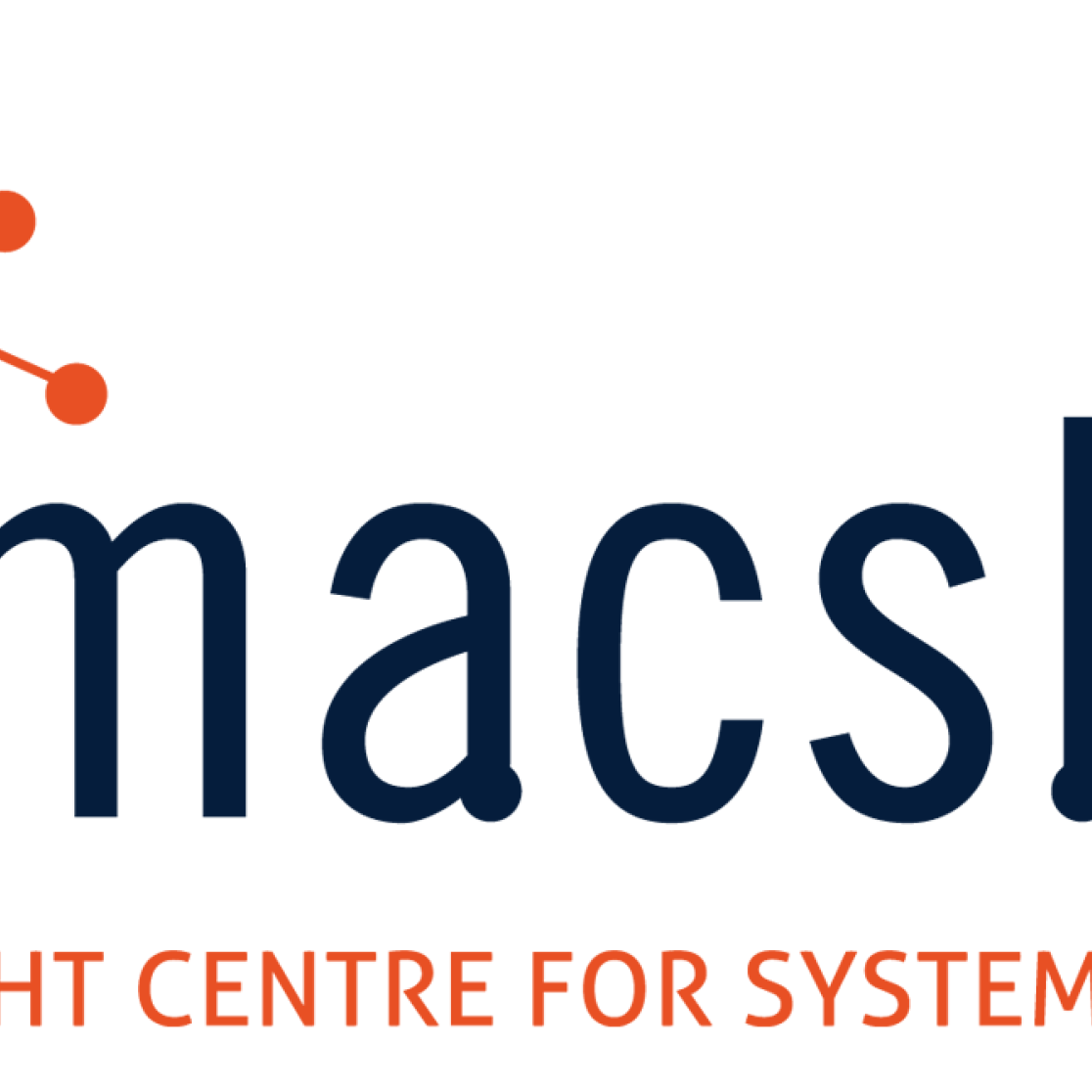In silico investigation of individual bile acid dynamics and Roux-en-Y Gastric Bypass-induced elevation of bile acid concentrations
Ir. Fianne Sips (Dept. of Biomedical Engineering, Eindhoven University of Technology, Netherlands) will present a lecture: 'In silico investigation of individual bile acid dynamics and Roux-en-Y Gastric Bypass-induced elevation of bile acid concentrations' for the MaCSBio Lecture Series.
Abstract
Bile acid concentrations are swiftly and markedly elevated following Roux-en-Y Gastric Bypass (RYGB). Since these bile acids are versatile metabolic regulators that are released in a prandial pattern, such a change of bile acid levels may affect energy metabolism and thus contribute to RYGB-induced metabolic improvement. However, elucidating the role of bile acids remains a challenge, partly because in vivo studies rely on plasma measurements of the bile acid pool. These plasma measurements have a complex relationship to systemic bile acid concentrations and a high inter-individual variability.
To learn more from these plasma concentrations, we developed a dynamic model of bile acid metabolism that connects plasma bile acids with systemic bile acid metabolism. The model is applied to gain insight into the large inter-individual variability, and is used to examine in silico the elevation of bile acids after RYGB.
About MaCSBio
MaCSBio is a joint initiative of the Faculty of Psychology and Neuroscience, Faculty of Health, Medicine and Life Science and the Faculty of Humanities and Sciences. To achieve scientific breakthroughs that could not be achieved in individual labs, the centre brings together the expertise of physicians, biologists, mathematicians and computer scientists.
MaCSBio aims to develop a set of computational and mathematical models, applicable in science and clinic, that will advance our understanding of biological systems, and predict progression and treatment of complex diseases over time.

The Maastricht Centre for Systems Biology (MaCSBio) was launched in 2015
Relevant links
Also read
-
Life Cycle Assessment: Fundamentals and Applications
Curious about LifeCycleAssessment (LCA) but don't know where to start?
12 Nov -
Master’s Open Day
We hope to welcome you on campus at our next Master's Open Day and give you a good impression of what studying at Maastricht University is all about.
15 Nov